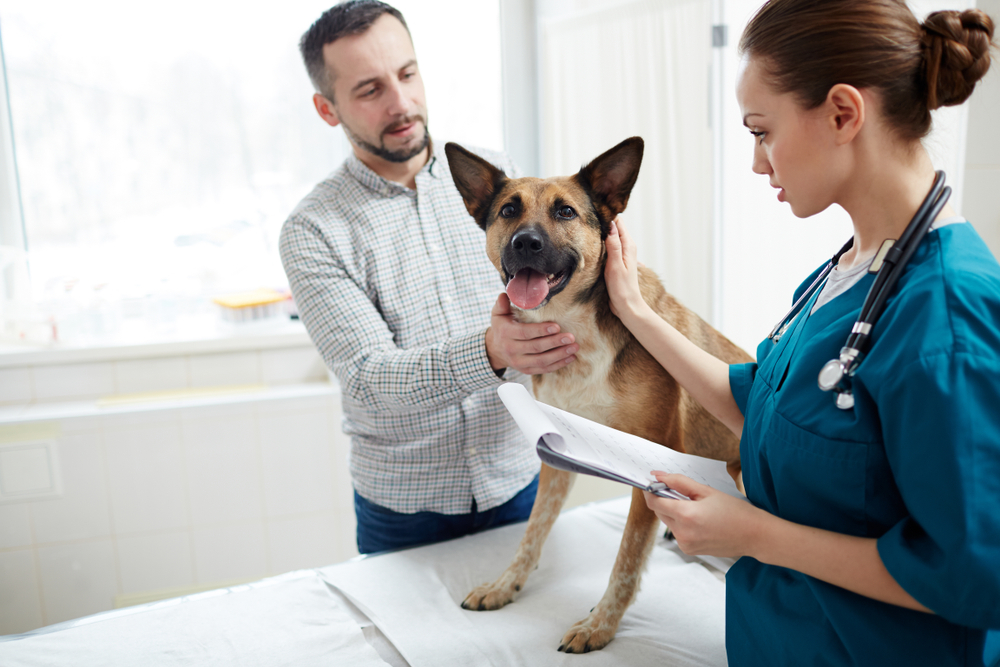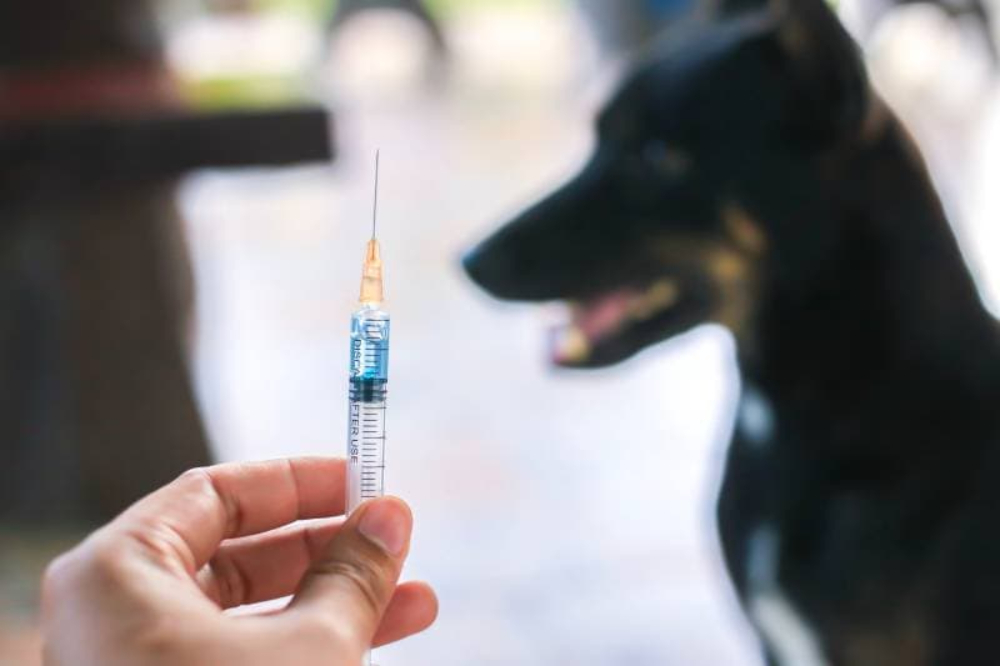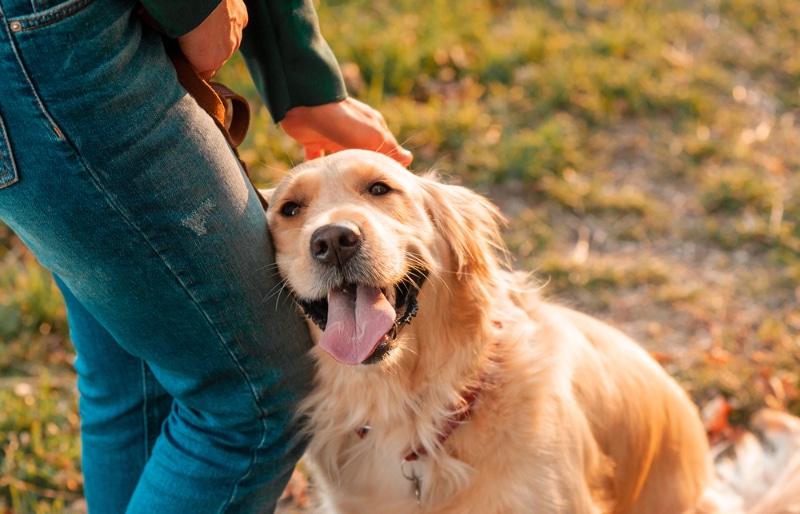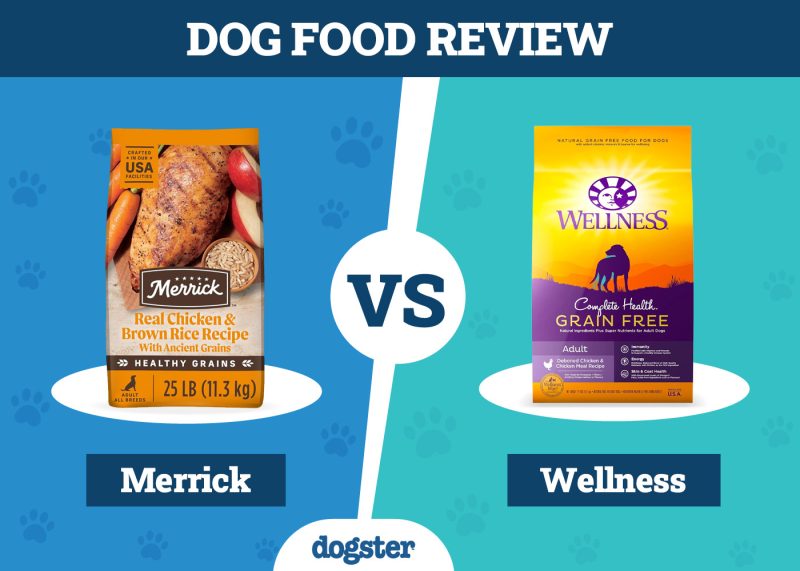When someone talks about holistic treatments, it is hard not to picture healing crystals, essential oils, sound baths, and meditation, all performed by an ethereal figure in tie-dyed clothing. Okay, that might be an exaggeration, but we do tend to associate holistic therapies with an alternative lifestyle. But the truth is that holistic treatment is, by definition, a multifaceted therapeutic approach that aims to address not just a symptom, illness, or injury but the entire body, mind, environment, and lifestyle of the individual attached. And when you look at it that way, wouldn’t we all like to be receiving holistic treatment from now on?
It is unfortunate that scientifically proven treatments and natural therapies are often seen to be at odds with one another because if they are used together, our options and solutions increase significantly. From a veterinary health perspective, taking a holistic approach to treating animals can mean exploring a wider range of treatment options and bridging the gap that inevitably seems to form between modern medicine and alternative therapies.
Let’s take a closer look at what a holistic approach means and how it can greatly benefit you and your dog.

What Is Holistic Treatment?
Holistic treatment is a whole-body approach using modern scientific diagnostics and medicine combined with alternative therapies like massage, supplements, diet changes, and traditional Chinese medicine, including acupuncture and herbal remedies.
What Holistic Treatment Is Not
Holistic treatment is not a replacement for veterinary treatment/care. It should include both modern medicine and natural alternatives; one is not a substitute for the other. It also isn’t homeopathy, which involves using heavily diluted substances to treat a range of illnesses or diseases. It is widely regarded as ineffectual at best and dangerous at worst.


The Pros and Cons of Holistic Treatment
Pros
| Holistic | Symptom-Based |
| Looks at the whole patient | Less time-consuming |
| Better chance of long-term success | Results are often quicker |
| Can reduce reliance on medications | More widely accepted |
| Wider range of treatment options | Generally backed by scientific research |
Cons
| Holistic | Symptom-Based |
| Time-consuming | Results may be short-lived if the whole problem is not addressed |
| Some holistic practitioners are biased against modern treatments or techniques | Depends heavily on pharmaceuticals to achieve results |
| Not as widely accepted | Some practitioners are biased against holistic or natural treatments or techniques |
| Some aspects lack scientific support | |
| Improvements/results may take longer to achieve |

Holistic Treatment for Dogs
Now that we have a better understanding of what holistic treatment really means, we can look at how it can be incorporated into looking after our dogs. One important factor when it comes to taking a holistic approach to pet care is that it should be a collaboration between you and your vet, so make sure you talk to them about what you would like to achieve and listen to their recommendations and advice.
1. Diet
One of the simplest, and most important ways to maximize your dog’s health is by providing them with the best diet possible. This can mean different things for different individuals. Some dogs will get the most benefit from a raw, fresh, or home-prepared diet, while others have their needs met more effectively with a kibble formulated for their age, weight, activity level, and health conditions. The important message is to ensure your dog is getting the right balance of nutrients in a form that suits their needs.
2. Supplements

Supplements and herbal remedies can be highly beneficial for addressing, even preventing, a number of health problems, including joint disease, anxiety, skin and coat problems, and digestive issues. Be sure to discuss these with your vet, as some supplements can be dangerous, and others are just a waste of money. And don’t forget to let your vet know what your dog is taking, as certain medications and supplements do not mix.
3. Environmental Enrichment
Looking after your dog’s health includes taking care of their mental and emotional well-being. Daily exercise, playing, toys, games, and cuddles are all important to ensure your dog stays happy and healthy.
4. Regular Health Checks

A checkup with the vet once or twice a year can help ensure your dog is fit and healthy and is the best way to prevent or detect any illness or disease. Your vet can examine your dog to make sure they are a healthy weight, their teeth are in good condition, their heart and lungs sound healthy, and they have no lumps or swellings that need investigation.
It is said that prevention is better than cure, and that certainly applies to preventive health for dogs.
5. Acupuncture, Acupressure, and Massage
Acupuncture is being used more widely as an effective treatment for osteoarthritis, as well as helping to manage conditions such as inflammatory bowel disease, anxiety, wound healing, and neurological conditions. Many dogs receiving acupuncture have experienced significantly improved mobility and may even need lower doses of pain medication.
Acupressure and massage are techniques you can use at home, focusing either on acupuncture points or just relieving tense and tired muscles.
6. Vaccination Customization

Vaccination is often a controversial subject for practitioners of natural medicine, and this is where communication and collaboration are important. There are a number of deadly diseases that your dog can be exposed to in their daily lives that vaccination can prevent, but there are some diseases that may depend on your geographical location and your dog’s lifestyle.
One of the biggest misconceptions is that vaccination is an all-or-nothing situation, but this simply isn’t true. Although it is important to know that any deviation from manufacturer guidelines means that the vaccine efficacy will not be guaranteed, you do have a say in how often, and with what, your dog is vaccinated.
Talk to your vet about the potential risks and benefits of personalizing your dog’s vaccination schedule, and make sure you are protecting your dog.

Final Thoughts
You may have started out thinking that this article would be all about herbal remedies and incense, but hopefully, you can see that a holistic approach to canine care is something we should all be aiming for. It pays to be open to different ideas, and by combining natural therapies with modern medicine, we can increase our treatment options significantly, which can only mean good things!
Featured Image Credit: Jus_Ol, Shutterstock





















